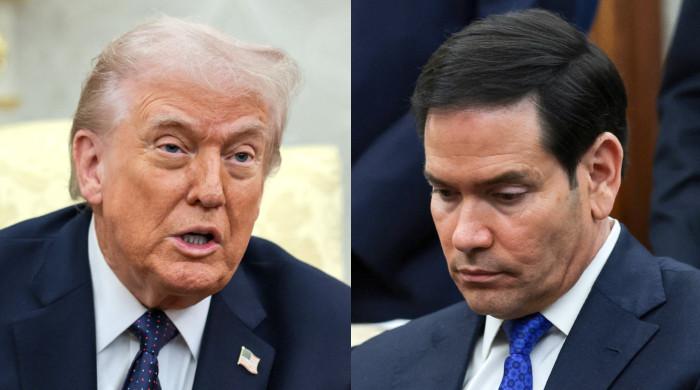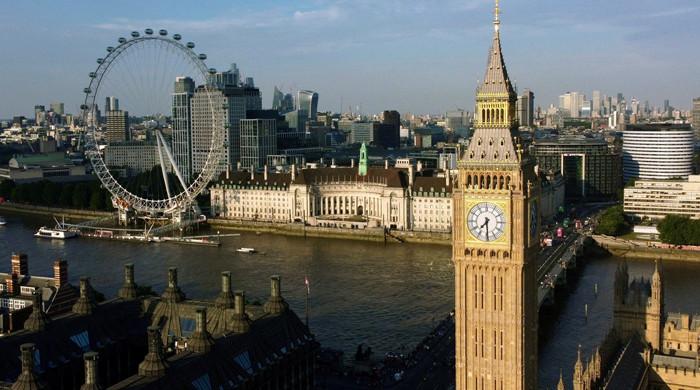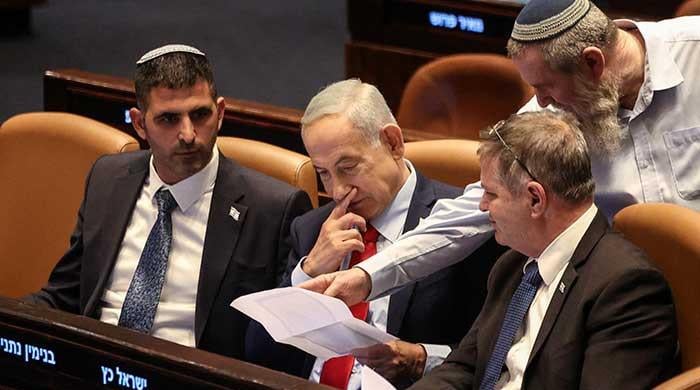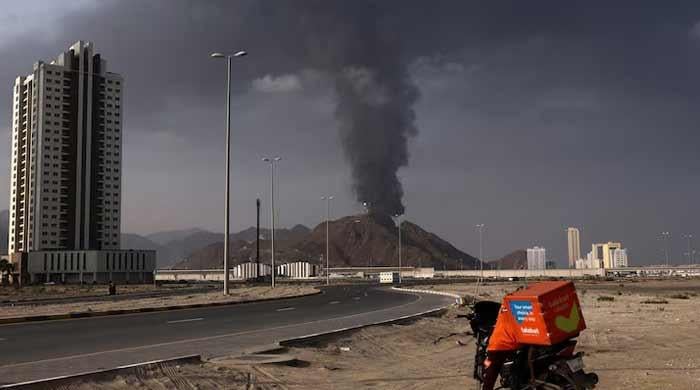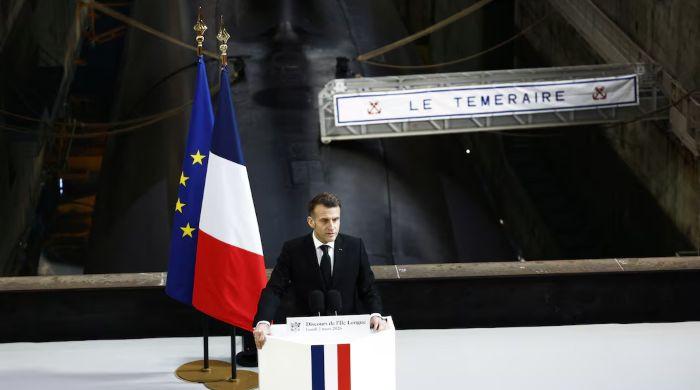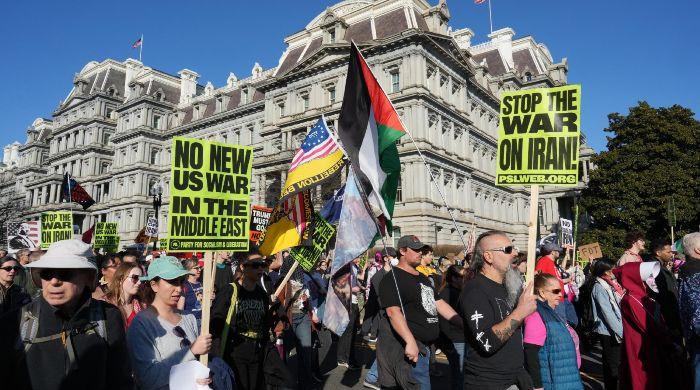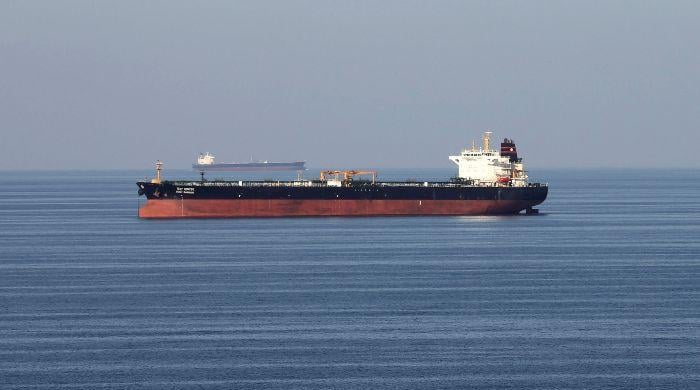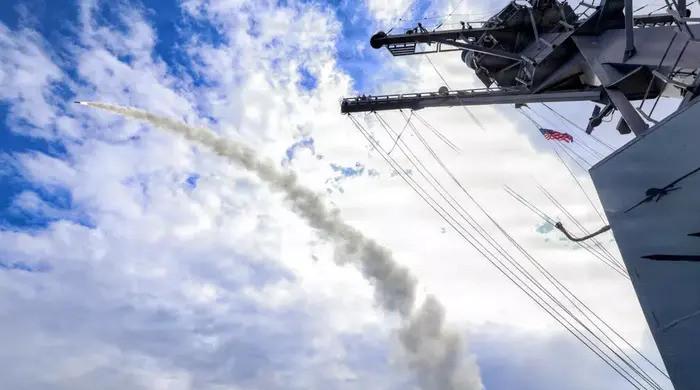India puts Srinagar mayor under house arrest after he slams Kashmir move on television
Srinagar Mayor Junaid Azim Mattu says ground situation in occupied Kashmir 'not normal'
September 04, 2019
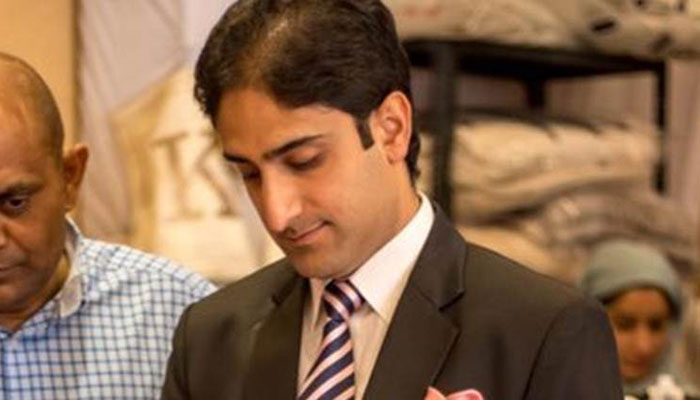
Srinagar Mayor Junaid Azim Mattu was on Tuesday placed under house arrest by the Indian government after he openly criticized the August 5 decision of New Delhi to revoke the constitutional autonomy of Indian Occupied Kashmir (IoK).
According to a report by Indian news publication The Quint, Mattu was detained after returning from New Delhi where he had been getting medical treatment. India had restricted Mattu from traveling to IoK in the aftermath of the strong public reaction to the August 5 decision.
Earlier this week, Mattu had voiced stern opposition to the scrapping of autonomy for IoK, claiming that his party, the Jammu and Kashmir People's Conference, would soon challenge the decision made by Indian PM Modi. Mattu was being interviewed by Indian channel NDTV.
"We have consulted senior-most constitutional experts and luminaries and will be contesting the decision in the Supreme Court. Our party chairman, before his arrest, had appealed to the people of Kashmir to remain calm and not resort to violence," he was quoted as saying.
Mattu also claimed that contrary to the claims of the government of Indian PM Modi, everything was not normal in IoK. "The communications blackout has created a situation where specifics are speculative. It is safe to assume the ground situation is not anywhere near normal," he said.
Earlier on Tuesday, Indian security forces baton-charged a Muharram procession in occupied Kashmir as the draconian military curfew in the valley entered its 31st day.
According to reports, several people were injured as the Indian forces also shelled the Muharram procession. Meanwhile, protests and demonstrations against the India occupation of the valley continued.
The valley which has been under a curfew since August 5, remains cut off from the rest of the world due to the continued blockade and suspension of internet, mobile and landline phones and closure of TV channels.
A humanitarian crisis has been looming in the valley as people face acute shortage of food, medicines and other commodities. Patients are even being denied life-saving medical care, suggest reports.




